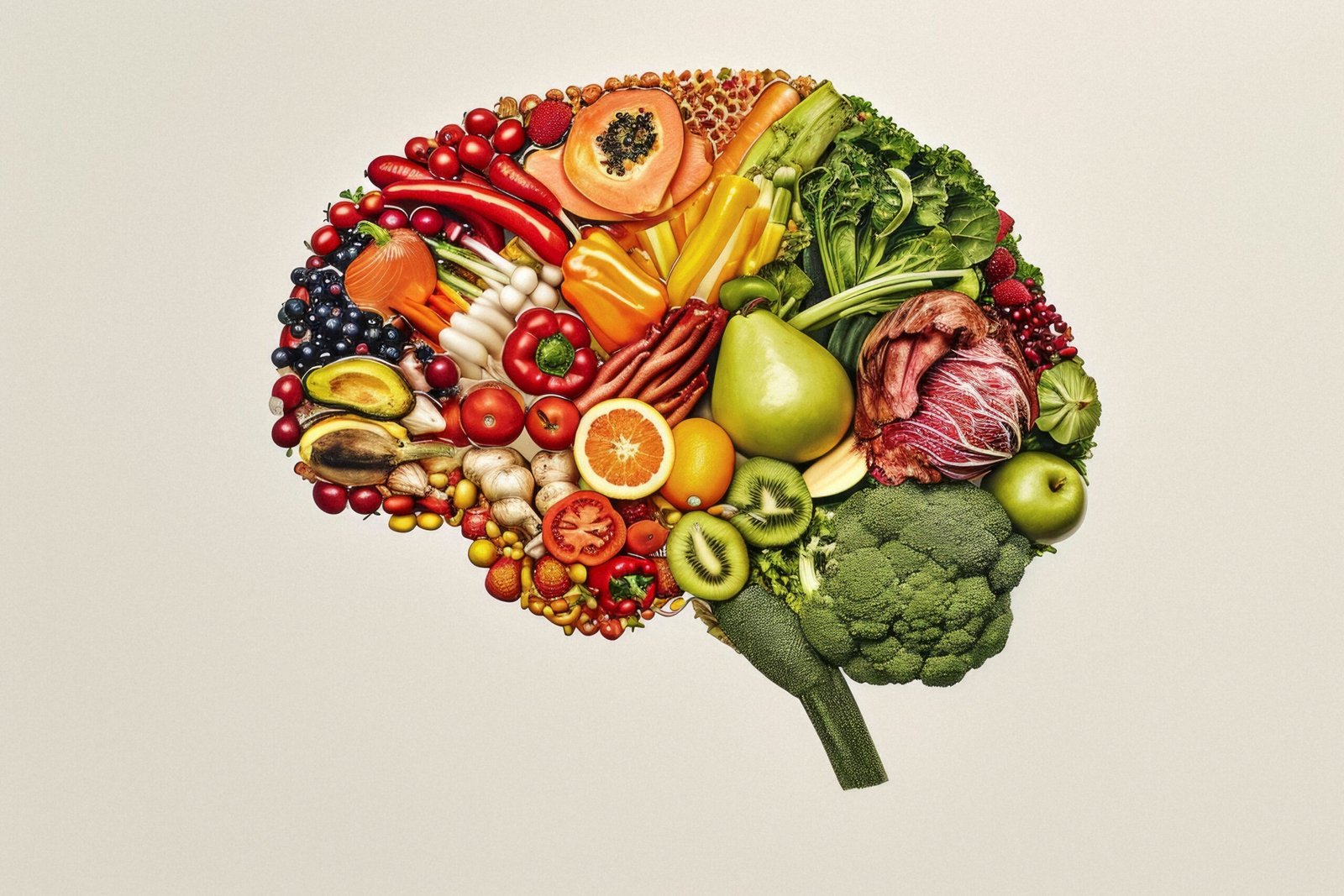The Intriguing Link Between Probiotics, Gut Health, and Weight Loss
The human gut is an ecosystem teeming with trillions of bacteria, each playing a vital role in our overall health, metabolism, and, intriguingly, our weight. The relationship between our gut microbiome—the vast community of microorganisms living inside us—and our body’s ability to manage weight has become a hot topic among health enthusiasts and medical professionals alike. Dr. Meera Shah from the Mayo Clinic provides valuable insights into this complex relationship, shedding light on whether incorporating probiotics into our diet can be the secret to shedding unwanted pounds.
The Role of Gut Bacteria in Weight Management
The balance of calories consumed versus those burned is a fundamental concept in weight management. However, it’s the composition of our gut microbiome that might hold additional keys to understanding weight gain and loss. The types of bacteria present in the guts of obese individuals differ significantly from those in lean individuals. This discovery leads to an essential question: does the gut microbiome contribute to obesity, or is it the other way around?
Research suggests that an imbalance in gut bacteria could play a role in developing certain medical conditions, including obesity. Probiotic-rich foods such as yogurt and sauerkraut, as well as probiotic supplements, are thought to promote a healthier gut by increasing the number of beneficial bacteria. Although the direct impact of probiotics on weight loss requires further investigation, these findings underscore the pivotal role of diet in shaping our gut microbiome.
The Evidence from Studies
Scientific research, especially studies involving germ-free mice, hints at the possibility that altering the gut bacteria composition could significantly impact weight. These studies suggest that the gut microbiome influences how efficiently the body extracts and processes energy from food. However, human studies have provided mixed results, with no definitive conclusions due to varied research methodologies and the types of probiotics analyzed. This ambiguity highlights the need for more targeted research to explore the potential weight loss benefits of probiotics fully.
Despite the lack of clear answers, the evidence points toward diet as the primary factor determining the makeup of the gut microbiome. This raises an interesting chicken-or-egg question: Does obesity lead to changes in the microbiome, or do specific microbiome characteristics contribute to obesity?
Steps Toward a Healthier Gut and Weight Loss
While the role of probiotics in weight management remains under study, there are proven steps individuals can take to support a healthier gut microbiome and, potentially, their weight loss goals. Consuming a diet rich in fruits and vegetables can help good bacteria thrive, potentially curbing overeating by filling up on nutritious, lower-calorie foods. Additionally, reducing the intake of fats, sugars, and animal proteins may improve gut health due to their association with a less favorable bacterial makeup.
Dr. Shah emphasizes that the most reliable way to lose weight remains a healthy diet and regular exercise, ensuring that you’re burning more calories than you consume. Consulting with healthcare professionals can provide personalized advice on diet and exercise, offering a holistic approach to achieving not only a healthier gut microbiome but also a healthier body weight.
In conclusion, while probiotics offer exciting potential for improving gut health and possibly aiding in weight loss, a balanced diet and regular physical activity are the cornerstones of effective weight management. As research continues to unravel the complex relationship between our gut microbiome and weight, we may soon have clearer guidance on how best to harness the power of probiotics for our health and waistlines.
References





